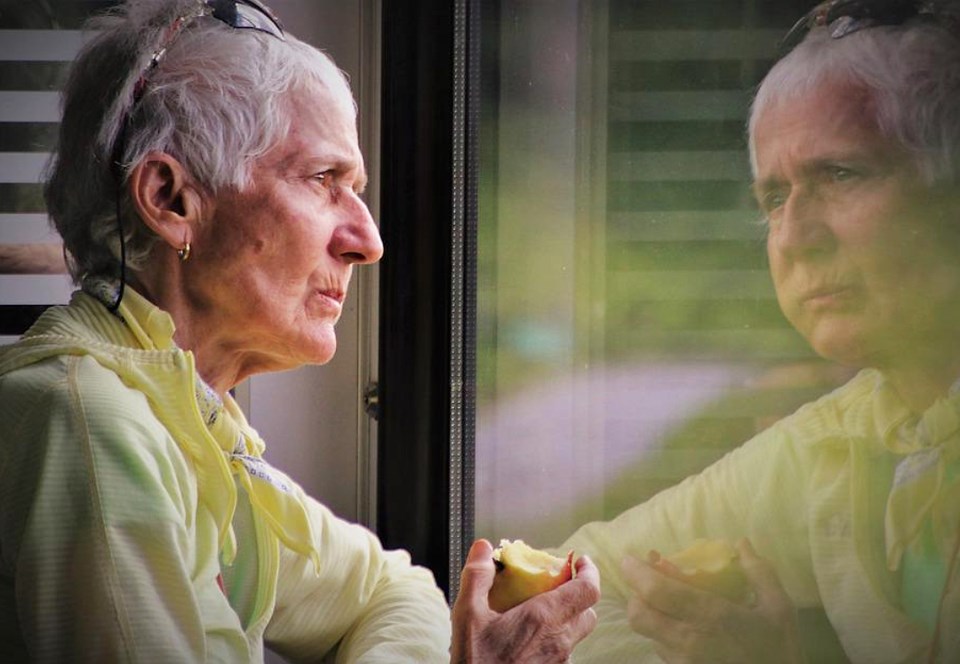The province needs to step up when it comes to supporting at-risk seniors, including those who own their own homes.
That’s according to one of several resolutions the City of Delta is putting forward for the upcoming Union of BC Municipalities convention, which will be held Sept. 12 to 16 in Whistler.
The motion submitted to the UBCM for consideration asks that the provincial government review the resources available to at-risk seniors, identify service gaps and implement measures to ensure that all seniors have access to some level of social supports, irrespective of housing status.
A Delta staff report to council notes many seniors have been disproportionately impacted by the pandemic and the rising cost of living.
While emergency supports are available for the homeless or precariously-housed seniors experiencing economic, mental or physical hardship, there is also a small but growing number of seniors who live in their own homes and also experience the same problems.
Emergency supports for those seniors are much more challenging to find, the report notes.
“Most independent seniors eventually need to rely on friends and family to assist with everyday household tasks; those without a social support network rely on the subsidized provincial Home and Community Care Program or private professionals for short-term and long-term care,” the report notes.
“The COVID-19 pandemic has exposed a number of gaps in this seniors' support system, including a lack of emergency supports for seniors living in their own home who experience economic, mental or physical hardships. Without these supports, many seniors living at home are isolated and unable to maintain the health and safety of themselves and their homes.”
The draft of Delta’s new Social Action Plan also posed the question how the city can support seniors to age in place and live active lives, as well as enhance community capacity to support vulnerable seniors.
According to that report, between 2006 and 2016, the most significant population increase in Delta was among those between 65-and-84 years of age.
In 2001, seniors comprised only 11 per cent of Delta's population, but by 2016 that increased to almost 19 per cent.
Since 2013, income has decreased by 6.3 per cent for B.C.'s seniors, while close to nine per cent of seniors in Delta live in poverty, comparable to the provincial average poverty rate for seniors.
Seniors living on limited incomes have been affected by increased costs of living and limited access to essential services, such as home support.
Many Delta seniors live independently but are not connected to any community agency or seniors' centres, while Delta's unique geography presents significant challenges to seniors moving around and accessing services in Delta and other communities.
The report also notes older residents increasingly prefer to stay in their own homes in their own communities and municipalities and the not-for-profit sector plays an important role in enabling seniors to age in place.
Listing current assets to help seniors including seniors’ centres, Delta’s seniors’ coordinator, service providers and the city’s seniors’ bus program, the proposed action plan outlines challenges and opportunities.
Meanwhile, Delta’s new Poverty Reduction Action Plan, which has a series of recommendations that are to be incorporated into Delta's Social Action Plan, notes that poverty is disproportionately impacting certain groups including seniors.



